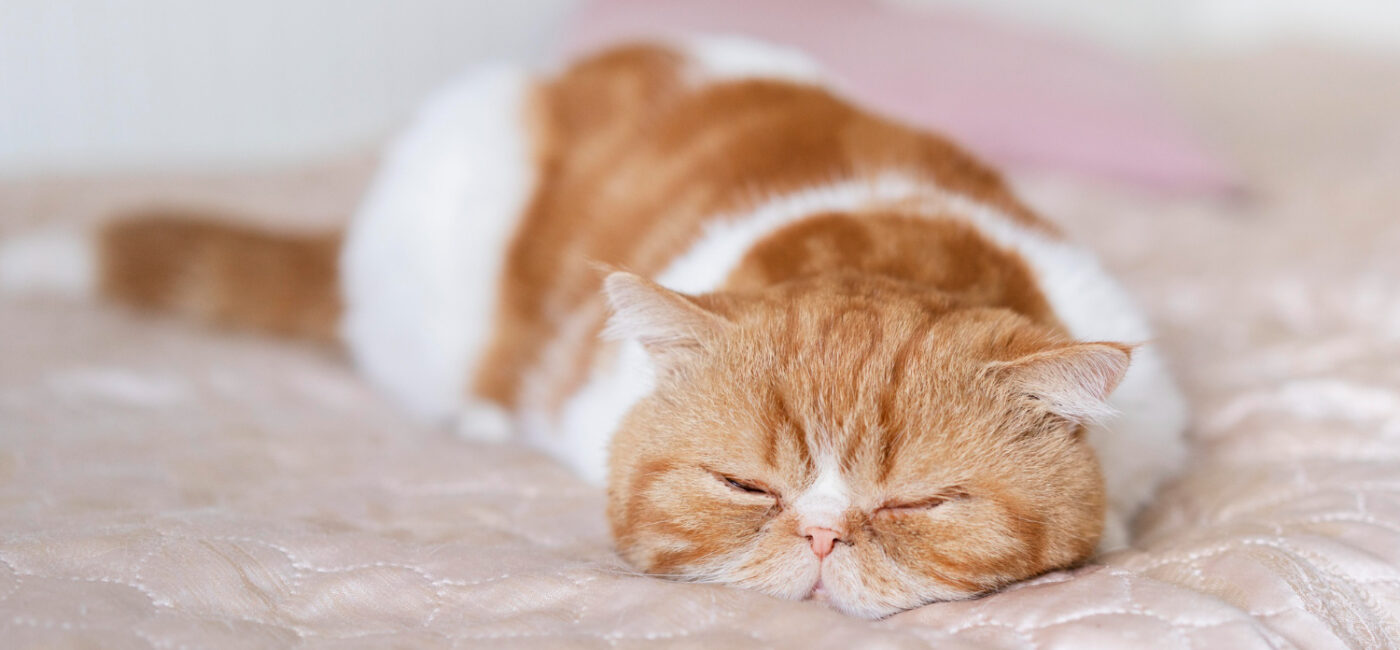Sleep… one of the most crucial things we need in life. But if you ask your cat or dog, sleep is more than a necessity—it’s an art form! Watching your cat curled up in a cozy corner or your dog snoring on the couch might make you wonder, “Are they sleeping too much?” Let’s dive into how much sleep our furry friends really need and what their sleep patterns reveal.
For cats and dogs, sleep is essential not just for recharging their energy but also for maintaining overall health. Their sleep habits and needs are directly tied to their mood and well-being. So how much sleep is enough for them?
Cat Sleep Patterns: Masters of Napping
Cats are known for being sleep experts. The average cat sleeps about 12 to 16 hours a day, with some even reaching 20 hours! Their sleep habits are rooted in their natural hunting instincts. In the wild, felines need to conserve energy for hunting, and even domesticated cats retain these habits.
However, if you notice any sudden changes in your cat’s sleep, like sleeping much more or less, this might indicate a health issue. You could explore cat breed identifier apps to learn more about your cat’s specific traits and needs.

Dog Sleep Patterns: Lazy or Just Resting?
Dogs also love their sleep, averaging about 12 to 14 hours a day. Puppies and senior dogs can sleep even more. Sleep needs vary based on age, breed, and energy levels. For example, large breeds tend to sleep more, while smaller, more active breeds may sleep less. If you’re asking, what dog breed is this, a dog breed detector can help you understand your dog’s specific sleep patterns.
If your dog starts sleeping more or less than usual, don’t overlook it. Sudden changes in sleep could be a sign of stress or health concerns.
Tips to Improve Your Pet’s Sleep Quality
To ensure your pet gets the best rest possible, try these tips:
Provide a Quiet, Comfortable Sleep Area
Both cats and dogs prefer sleeping in quiet and peaceful spaces. Create a cozy spot where they won’t be disturbed. Cats love warm, sunny areas for naps, so keep that in mind when setting up their sleep space.
Establish a Routine
Routines help regulate your pet’s sleep patterns. Regular mealtimes and exercise schedules create a sense of stability. Dogs, especially, thrive on consistent routines.
Provide Physical and Mental Exercise
Pets that don’t get enough stimulation during the day may struggle to sleep at night. Ensure they get plenty of exercise to burn off excess energy. Tools like a dog identifier or dog breed app can guide you in selecting activities based on your pet’s breed.
Invest in a Comfortable Bed
A comfy, supportive bed can significantly improve your pet’s sleep quality. Orthopedic beds are great for older pets who may need extra support for their joints.

